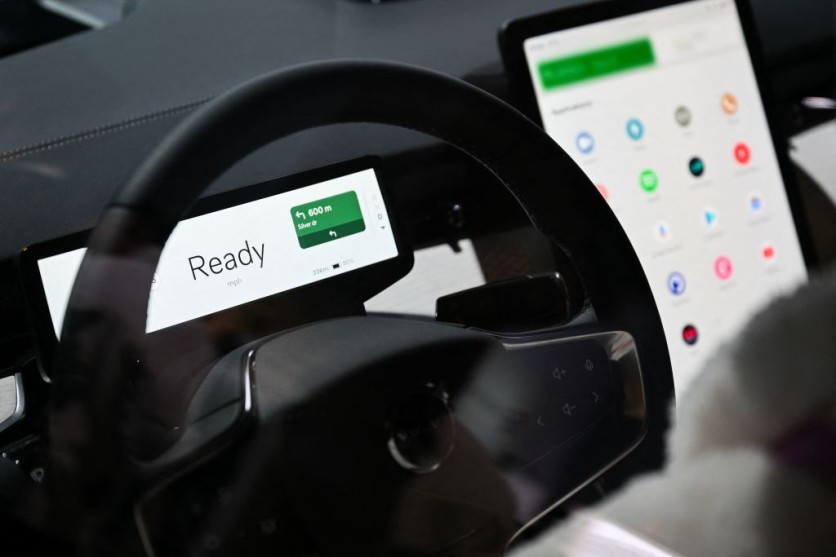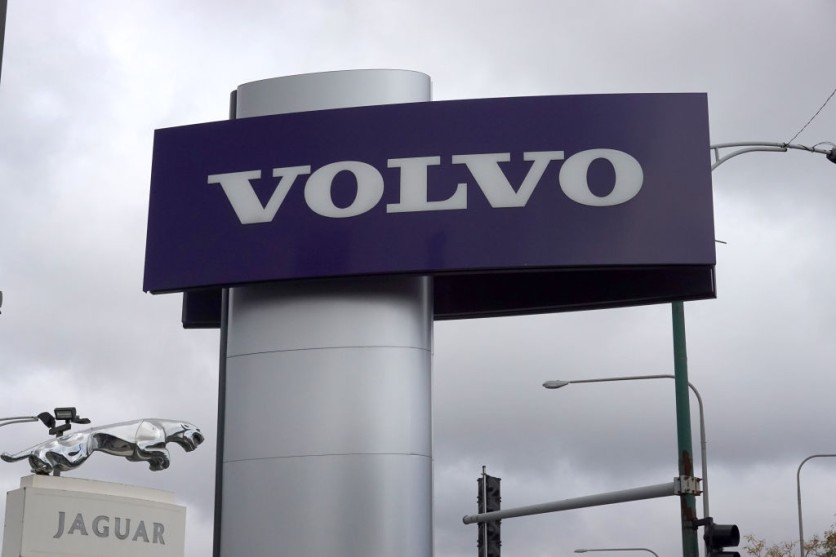Zenuity, a venture between Volvo Cars and Veoneer, has announced that they will work with CERN to improve autonomous vehicles, as reported by Interesting Engineering.

Specifically, the partnership will improve the decision-making of self-driving vehicles, which will also further enhance their safety. CERN is famous for its Large Hadron Collider, which can generate vast amounts of data that needs quick decision-making. It achieves this through Field-Programmable Gate Arrays (FPGAs).
With this, it can help address the challenge in vehicle development as it requires the interpretation of vast data that is generated during everyday driving.
Autonomous Driving Software
For the past several years, researchers have worked with Volvo's subsidiary Zenseact on computer vision for autonomous driving software. The goal is to improve the decision-making in autonomous vehicles via LHC's Deep Learning algorithms.
The research showed potential for improvement in running algorithms faster and more efficiently on resource-constrained on-device hardware. With machine learning, it can speed up decision-making in autonomous vehicles.
Also Read: Volvo, Epic to Bring 'Photorealistic Visualization' to Next-Gen EVs Using Unreal Engine
Zenuity and CERN Partnership
The partnership is significant as CERN is known to work in high-energy particle collisions, while Zenuity is dedicated to reducing traffic collisions. This is because even with the excitement for the potential of autonomous vehicles, there are still many safety concerns that need to be addressed.
CERN uses FPGAs, which can execute complex decision-making algorithms in microseconds for fast machine learning in autonomous driving and particle physics experiments.
The partnership also highlights the importance of collaboration and cooperation in science and technology. In turn, they will focus on using FPGAs for advanced machine-learning applications in autonomous driving and particle physics experiments. FPGAs will deliver the necessary speed and decision-making capabilities for complex applications.

The Growing Concerns
Self-driving vehicles can change transportation and make roads safer. However, there are still some safety concerns brought on by 2018 inside, when an Uber autonomous vehicle struck and killed a pedestrian in Tempe, Arizona. This drew attention to the challenging issues of ensuring the safety and autonomous vehicles in all driving scenarios.
However, the technology will definitely take some to go mainstream. Still, the efforts to improve the technology bring us closer to making a world where autonomous vehicles are on the roads.
Sooner or later, there will be a number of autonomous vehicles emerging in the future, which would give us a taste of what they can do. For it to go mainstream, it will take more time; but as mentioned, we're on the way there.
Related Article: Volvo To Start Selling Self-Driving Cars In 5 Years; Silicon Valley Research Center Ready To Start Work

ⓒ 2026 TECHTIMES.com All rights reserved. Do not reproduce without permission.




